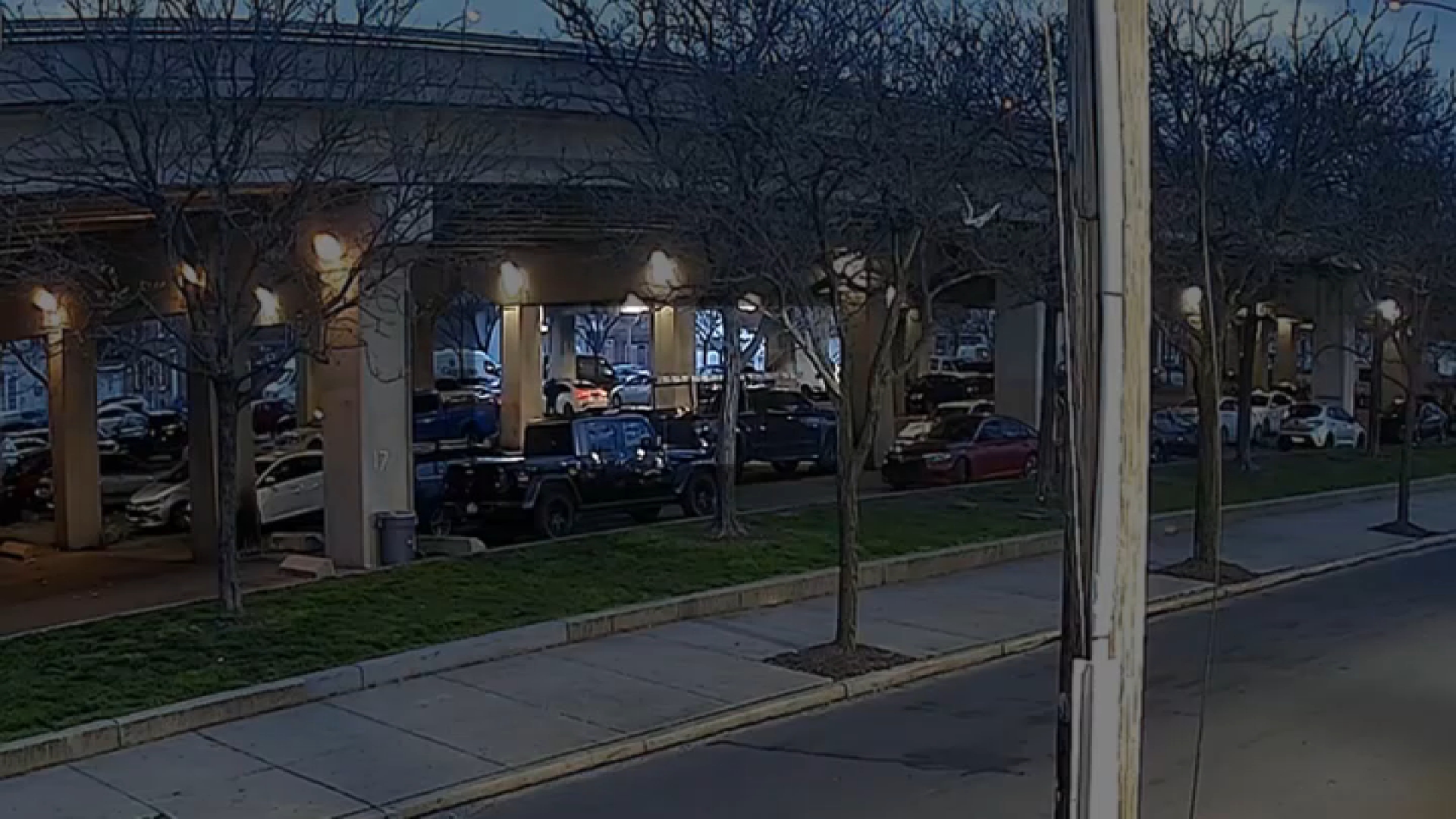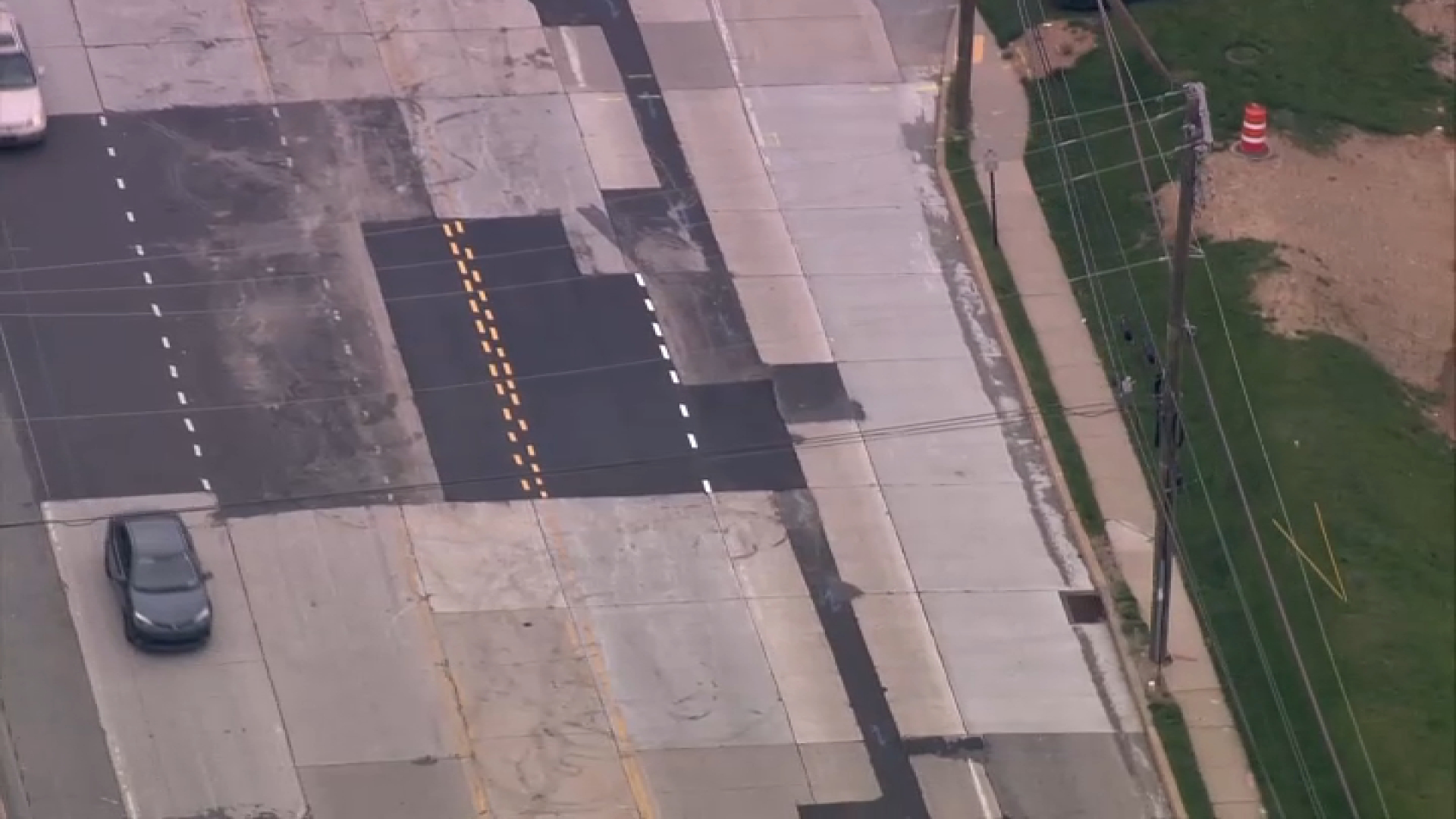
What to Know
- Officials are monitoring a fin whale that was stranded on a sandbar off Cape Henlopen in Lewes, Delaware.
- A spokesperson with the Marine Education, Research & Rehabilitation (MERR) Institute said the whale moved off the sandbar and closer to the shore rather than into deep water and that it was “not a good sign.”
- Biologists are currently monitoring the animal while the National Oceanic and Atmospheric Administration (NOAA) is working to develop a response plan.
Officials are monitoring a whale that was stranded on a sandbar off Cape Henlopen in Delaware.
The fin whale was spotted Thursday morning on a sandbar on the bayside of the Point at Cape Henlopen State Park in Lewes. Members of the Marine Education, Research & Rehabilitation (MERR) Institute and Delaware Natural Resources Police responded to the scene.
A MERR spokesperson said the whale moved off the sandbar and closer to the shore rather than into deep water and that it was “not a good sign.” The spokesperson also said the whale appears to be struggling and in the process of beaching itself.
Get Philly local news, weather forecasts, sports and entertainment stories to your inbox. Sign up for NBC Philadelphia newsletters.
Biologists are currently monitoring the animal while the National Oceanic and Atmospheric Administration (NOAA) is working to develop a response plan. The MERR spokesperson said that plan could be specialized medical care, sedation or euthanasia.
“At this time, we do not know what has caused this whale to strand, but when large whales come close to shore like this, there is usually an underlying reason like injury or disease,” the spokesperson wrote. “The team on scene has not identified any obvious injuries at this point. Sadly, in situations like this, there is often very little we can do to help save the whale; returning the whale to deeper water--which is a challenge under the best of circumstances for animals of this size and weight--would only prolong its suffering and it would likely strand again.”
Fin whales are the second-largest whales on earth, after blue whales, according to MERR. Fin whales are listed as endangered and are commonly found in deep waters.
Local
Breaking news and the stories that matter to your neighborhood.
MERR also warned members of the public to always stay at least 150 feet away from living whales, including by vessel or drone.
If you see a stranded whale in Delaware, contact MERR at 302-228-5029.



